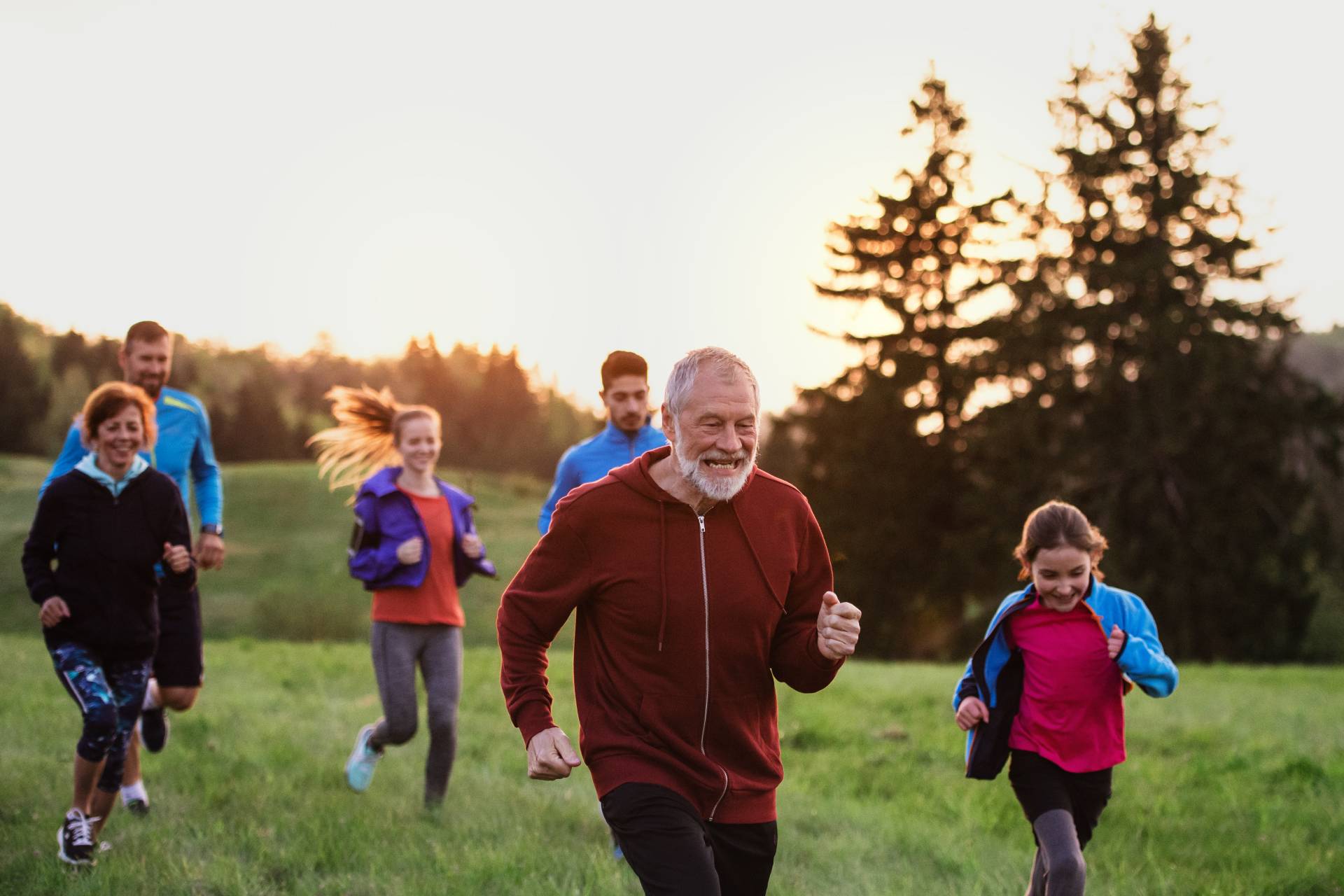Staying active is one of the simplest and most powerful ways to maintain lifelong health. From the first playful steps of childhood to the gentle movements of older adulthood, physical activity helps preserve strength, balance, and emotional well-being. Family doctors emphasize that movement is more than exercise—it’s preventive care and a key part of building a healthier lifestyle.
Laying the Foundation: Movement for Children and Teens
For children and teenagers, activity is about fun and exploration. Family doctors might recommend prioritizing play and creativity over strict routines. Running, biking, swimming, and team sports build coordination, confidence, and social skills, while everyday play helps kids burn energy in healthy ways.
Many families find engaging ways to stay active indoors too. Activities like scavenger hunts or solving clues in an escape room keep young minds and bodies moving. These games blend problem-solving with teamwork, teaching resilience and communication along the way.
For teens, regular movement supports self-esteem and helps manage stress. The goal isn’t performance but consistency: developing habits that encourage lifelong activity and health. Family doctors may also remind parents that encouragement matters more than perfection; fostering positive associations with movement helps children grow into confident, health-conscious adults.
Balancing Fitness and Lifestyle: Movement for Adults
As adults balance work, family, and daily responsibilities, staying active often becomes a challenge. Family doctors might stress that physical activity during these years is vital for heart health, flexibility, and mental resilience. Structured workouts like strength training, yoga, or cycling are excellent, but everyday movement counts, too. Gardening, hiking, or dancing can all contribute to overall fitness.
Adults can also benefit from activities that stimulate both body and mind. Participating in interactive entertainment like an escape room blends light physical activity with teamwork and problem-solving. These experiences keep adults mentally engaged while offering a break from routine exercise.
Movement also plays a major role in emotional health. Exercise releases endorphins, reducing anxiety and improving mood. Even small adjustments, such as walking meetings, taking the stairs, or weekend hikes, can help sustain energy and focus. In today’s fast-paced world, these moments of intentional movement offer valuable time to recharge, reflect, and reconnect with one’s body and mind.
Graceful Aging: Staying Active as a Senior
For older adults, regular movement helps maintain independence, prevent falls, and support mental clarity. Family doctors might recommend gentle, low-impact activities such as walking, water aerobics, tai chi, or chair yoga. These exercises promote flexibility and balance while being easy on the joints.
Staying active also combats loneliness and supports brain health. Social activities, like group classes, dancing, or even solving puzzles together, help seniors stay mentally and emotionally engaged. Some families may enjoy visiting an escape room as a lighthearted challenge that promotes memory, focus, and fun interaction across generations.
The emphasis for seniors is on steady, safe movement that feels comfortable and enjoyable. Regular activity fosters confidence and contributes to overall quality of life. Family doctors may also encourage older adults to combine movement with social connection, as shared activities often boost motivation and happiness.
Movement as Preventive Care
Across every generation, family doctors see movement as a cornerstone of preventive care. Staying active lowers the risk of chronic illness, supports mood balance, and builds family connection. When physical activity becomes a shared routine, it strengthens both the body and relationships.
Since everyone’s health needs are different, annual checkups keep you updated of your family’s health. A family doctor can offer personalized recommendations, helping ensure that your activity choices align with age, fitness level, and any medical conditions. These conversations are essentials for staying safe and motivated while building a healthier lifestyle. Regular visits also help track progress and celebrate milestones, reminding families that every step toward movement matters.
Movement is a lifelong investment in health and happiness. From playful games for children to active hobbies for adults and gentle mobility for seniors, each stage of life offers opportunities to move and grow.
By working with a family doctor, families can stay informed, safe, and inspired. Whether it’s through exercise, outdoor exploration, or fun, active entertainment, every bit of movement matters. Together, these activities support physical strength, mental sharpness, and emotional well-being. When movement becomes a family value, it creates a legacy of vitality and togetherness that can inspire generations to come.

